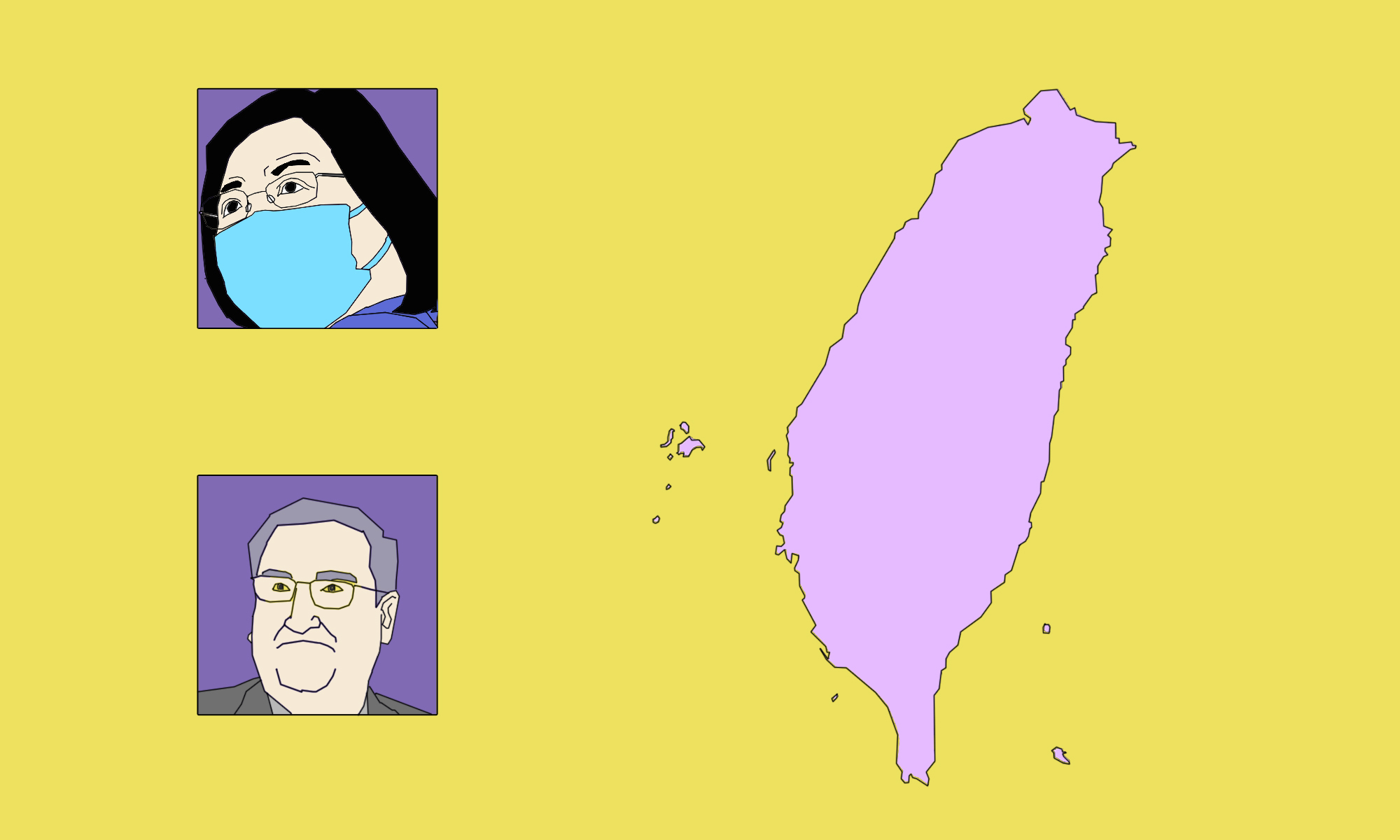Beijing seethes as more U.S. and Japanese officials visit Taiwan
Envoys from the United States and Japan are currently paying visits to Taiwan, adding to the list of foreign delegations that have angered Beijing since Pelosi’s trip.

A string of foreign delegations are paying visits to Taiwan this week, in a series of moves likely to further anger Beijing, after it wrapped up a series of military exercises to protest U.S. House Speaker Nancy Pelosi’s controversial visit to Taiwan earlier this month.
A bipartisan group of Japanese lawmakers led by Keiji Furuya of the ruling Liberal Democratic Party arrived in Taipei on Monday, just days after Japan’s national security adviser, Takeo Akiba, met China’s top diplomat, Yáng Jiéchí 杨洁篪, to shore up deteriorating relations between the two neighbors.
- A little over two weeks ago, Beijing canceled a meeting between Chinese Foreign Minister Wáng Yì 王毅 and his Japanese counterpart to protest Japan’s part in the Group of Seven (G7) joint statement over Taiwan.
- Japan has been one of the most vocal U.S. allies to condemn China’s military exercises around Taiwan in response to Pelosi’s visit, though Japanese Prime Minister Fumio Kishida has also stressed the need for open communication.
- Another Japanese delegation paid a visit to Taiwan just a week before Pelosi did, though it did not spark a harsh response from Beijing.
The visit from the Japanese delegation overlaps with one paid by Eric Holcomb, the governor of the U.S. state of Indiana, who met with Taiwanese President Tsai Ing-wen (蔡英文 Cài Yīngwén) this morning — the third trip by American envoys in a matter of weeks. His four-day visit will focus on economic exchanges, particularly semiconductors, according to a statement from his office.
- Holcomb signed a memorandum of understanding to strengthen ties between Taiwanese companies, such as chip designer MediaTek, with the state of Indiana (home to 10 Taiwanese-owned businesses).
- “This agreement follows on the heels of other good deeds,” Holcomb said in reference to the Biden administration’s newly passed CHIPS and Science Act, which will give part of a federal grant to Taiwan Semiconductor Manufacturing Co.’s (TSMC) American operations. “This is real momentum we’re experiencing, so we are seeking to cultivate that.”
- China has lodged stern representations.
Though it is common for foreign officials to visit Taiwan to discuss cultural and economic links, Pelosi’s trip to Taiwan has raised tensions to new heights: “High-profile symbolic gestures of U.S. support for Taiwan are especially likely to be construed as an affront that must be answered,” Jessica Chen Weiss of Cornell University said in Foreign Affairs.
- Beijing announced another round of military exercises around Taiwan after another U.S. congressional delegation visited the self-ruled island 12 days after Pelosi departed, while also slapping sanctions on the Lithuanian deputy minister over a similar visit.
- The U.S. and Japan have stepped up joint military drills by about 50%, compared with the same point last year.
- “China has allowed Taiwan to remain by itself…If they wanted to invade, they could have invaded. They didn’t. But America is provoking [them] so that there can be a war, so that the Chinese will make the mistake of trying to occupy Taiwan,” former Malaysian prime minister Mahathir Mohamad said on Friday.
Another U.S. congressional delegation is expected to arrive next weekend, which would be the fourth trip paid by American envoys to Taiwan within two months.






